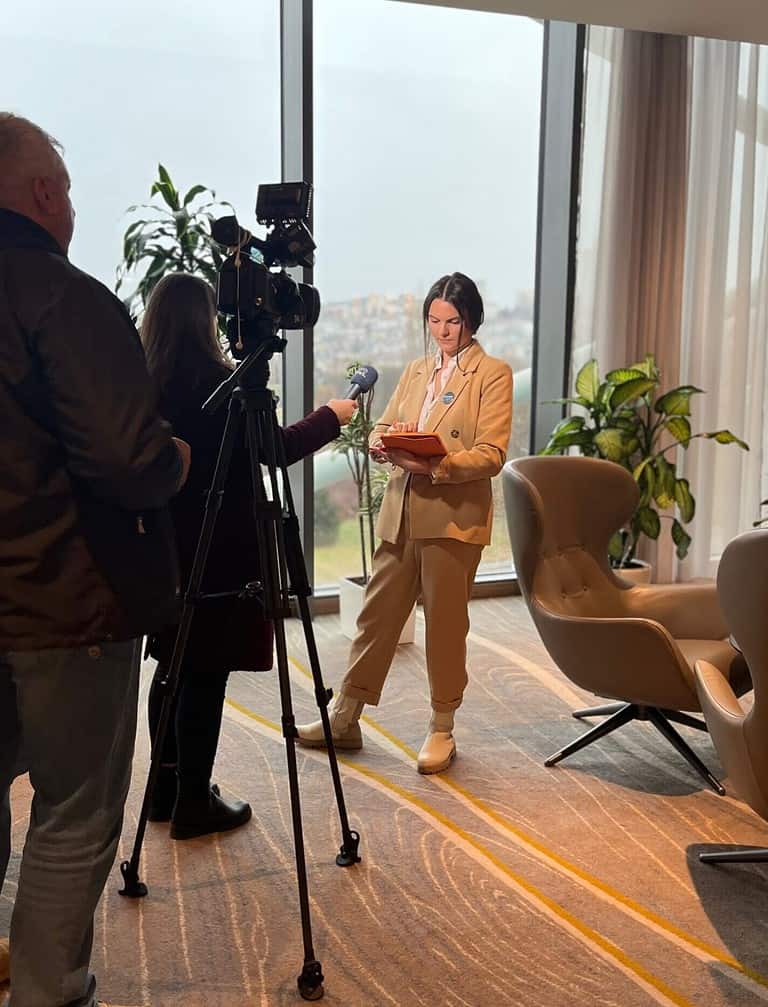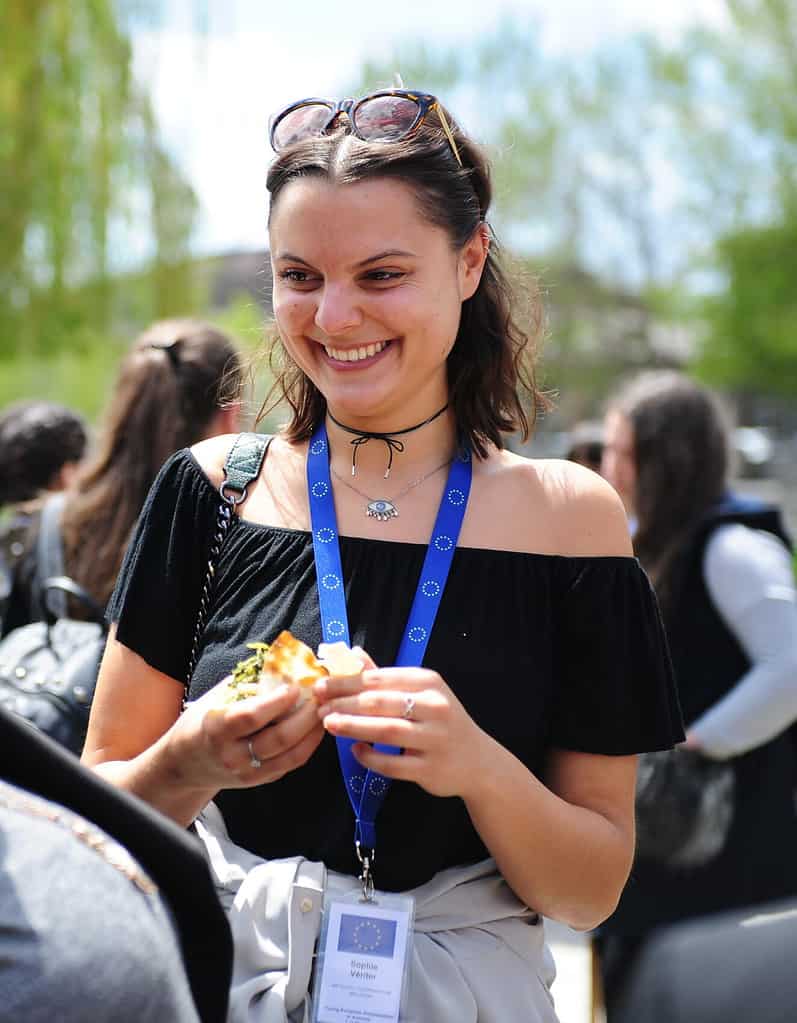This article builds on the Dunning Kruger effect graph to show why cognitive biases such as overestimating one’s abilities and knowledge happen. It explains in simple term what the effect is and what it means for our daily lives.
What is the Dunning-Kruger effect?
The Dunning-Kruger effect is a cognitive bias that occurs when people mistakenly overestimate their knowledge or competences in a certain area.
This happens because people with low levels of knowledge and skill are unaware of their lack of expertise, whilst those with higher levels of knowledge and skill tend to underestimate their own competence.
David Dunning and Justin Kruger were the scientists who originally studied this effect in 1999.


Why does it happen?
It’s difficult to recognise one’s own ignorance, which leads us to believing we know more than what we really do. When you do not know much about a topic, it’s hard to properly estimate your expertise about it because, precisely, you do not know the extent of the knowledge there is on this subject. There is an infinity of knowledge that not only you do not know, but you’re not even aware exists. These are called the “unknown unknowns”.
As a result, people who are less competent or knowledgeable about a subject tend to think they are more competent, they believe they understand it more than they actually do. Think of the child who is convinced they don’t need help to resolve a puzzle. On the other hand, those who are more competent tend to think they are less competent. Think of the scientists who always question themselves.
What does it mean?
In sum, science shows us that confidence is not a sign of intelligence, quite the opposite. It can stop you from making progress in your fields of interest. The more you know, the more you realise how little you know in contrast to the immensity of knowledge there is.
Next time you find yourself or someone else being so certain, so adamant about something, pause and think: how vast is this field of knowledge? what would an expert know about this subject? Look at the Dunning Kruger Effect graph. If the confidence is disproportionate to the knowledge, you’re probably facing a case of peak ignorance.
Be kind, knowledge is not a competition, nor is it equally distributed. We all have a role and a wisdom to share on this earth.

My tools for growth
Discover many articles like this one on my Growth Toolkit, a collection of resources to start or enhance your personal and professional growth journey whilst keeping your wellness in check, boosting confidence and critical thinking, as well as continuously expanding your skills and knowledge.

Hi! I’m Sophie
I am a social scientist and world explorer. In my work, I analyse the evolving meaning of security. I enjoy traveling, yoga, and electronic music in my free time. I consider myself an enthusiastic feminist and self-care advocate.



